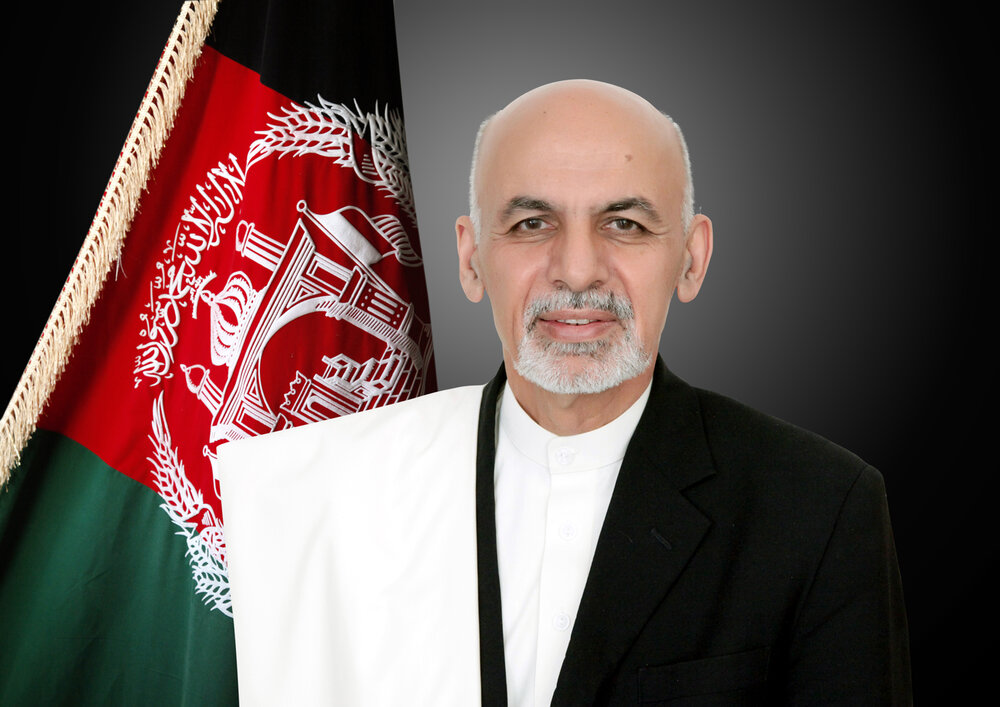The result of Afghan presidential election: Future possibilities and challenges

Afghanistan’s election was held on September 25. And now, after a long pause, the preliminary results have been announced, with Mohammad Ashraf Ghani winning 923,868 votes and Abdullah Abdullah finished second with 720,099 votes. Gulbuddin Hekmatyar is also in third place.
Abdullah’s position
Although it had been claimed that the preliminary results would not be announced before October 19 and final results before November 7, Abdullah claimed victory a day after the election.
This is while the Independent Election Commission (IEC) had insisted that no presidential candidate or individual has the right to make predictions about the results of the election.
Now, with the announcement of the preliminary results on December 22, Abdullah has once again stated that he does not recognize the results and the people should defend their votes.
Feridun Khozon, spokesman for the Stability Convergence Election Campaign, led by Dr. Abdullah, told the Mehr News Agency, “The IEC has announced the preliminary results in violation of the Afghan electoral law and therefore the results are not acceptable to Dr. Abdullah and his team. Any option will be used to counter them (the results), and if a crisis arises in such circumstances, the commission and cheaters should be accountable”.
Ghani’s position
While Abdullah had claimed victory in the election the next day that it was started, Ghani’s campaign, known as "Dalwat Saaz" (or state builder), considered itself as the winner of the presidential race. Amrullah Saleh, Ghani's running mate, also declared victory, claiming that Ghani has won 60-70% of the votes.
Following the initial confidence, Ghani said in an interview with the German news magazine Der Spiegel, ‘I have not claimed victory”. He insisted, “My team and I are strictly abiding by the rules and will wait up to the moment the election committee announces the results. Anything before that are predictions and claims that are not helpful”.
Following the announcement of the preliminary results, Ghani’s team issued a statement congratulating the Afghan people on the preliminary results and thanking the IEC.
Taliban’s position
The Taliban have been insisting that foreign forces must leave Afghanistan and launched military campaigns inside the country, denouncing the presidential election as "false elections".
Two days prior to the election, the Taliban called on the Afghan people to boycott it and threatened to attack military forces. The militant group also threatened that it would attack polling stations across the country by blocking roads.
Suhail Shaheen, the Taliban spokesman in Doha, told Mehr News Agency that the Taliban not only do not consider the Afghan election legitimate but also will fight the government that comes to power and regard it as their enemy.
Fragile democracy
The IEC has emphasized that the announced results are preliminary and the final results will be announced in about 40 days when the IEC has dealt with the complaints.
The 20% turnout in the Afghan presidential election indicates the low legitimacy of the election. Although "turnout" does not call into question any election, low turnout in any election brings the legitimacy and acceptability of the political system into question.
Although transition to full democracy in Afghanistan that includes different ethnic, racial, and religious groups is a difficult task, democratic practices like election could be more inclusive. The rulers' performance, foreign interference, and endless war by the Taliban are among the key factors that prevent the transition to real democracy in the country.
Therefore, tribal views are still dominant in Afghanistan. The country can reach a national consensus with the help of the Afghan people and authorities, and foreign parties without interfering in the country’s affairs.
Possible scenarios
1. The first scenario is that the IEC approves the preliminary results. Regarding the evidence that Abdullah has presented and his stance against such results, the realization of this scenario will push Afghanistan into a complicated situation.
2. The second scenario is that the IEC accept Abdullah’s opinion, then the votes increase in his favor given the neck-to-neck race. In such a case, it is likely that the second round of election would take place. Therefore a “national unity government” will be formed.
3. An agreement on re-election. This scenario will be complicated, as it is costly and difficult to hold an election in Afghanistan. The scenario, if realized, will further prolong the peace process. In this regard, Ghani said, “We do not have time for a months-long power struggle this time”.
4. Another scenario is the formula offered by John Kerry (the U.S. secretary of state in Obama administration) regarding the establishment of a national unity government as in the last election. Ghani does not approve this scenario and stated, “We need to proceed, and a government with two heads as we had in the last five years will not succeed in this scenario”.
5. Another scenario is the agreement on the formation of an interim government until re-election. The scenario calls for an interim government that would be favored by all groups to bring about peace and hold elections thereafter.
6. Agreeing that the current government be in place until peace is achieved and then an election is held, is another possible scenario.
Announcing the preliminary results of the election, whatever the outcome, indicates that the future government will face two major challenges. One is the issue of peace and the other is the formation of a comprehensive government that includes different groups.

Leave a Comment